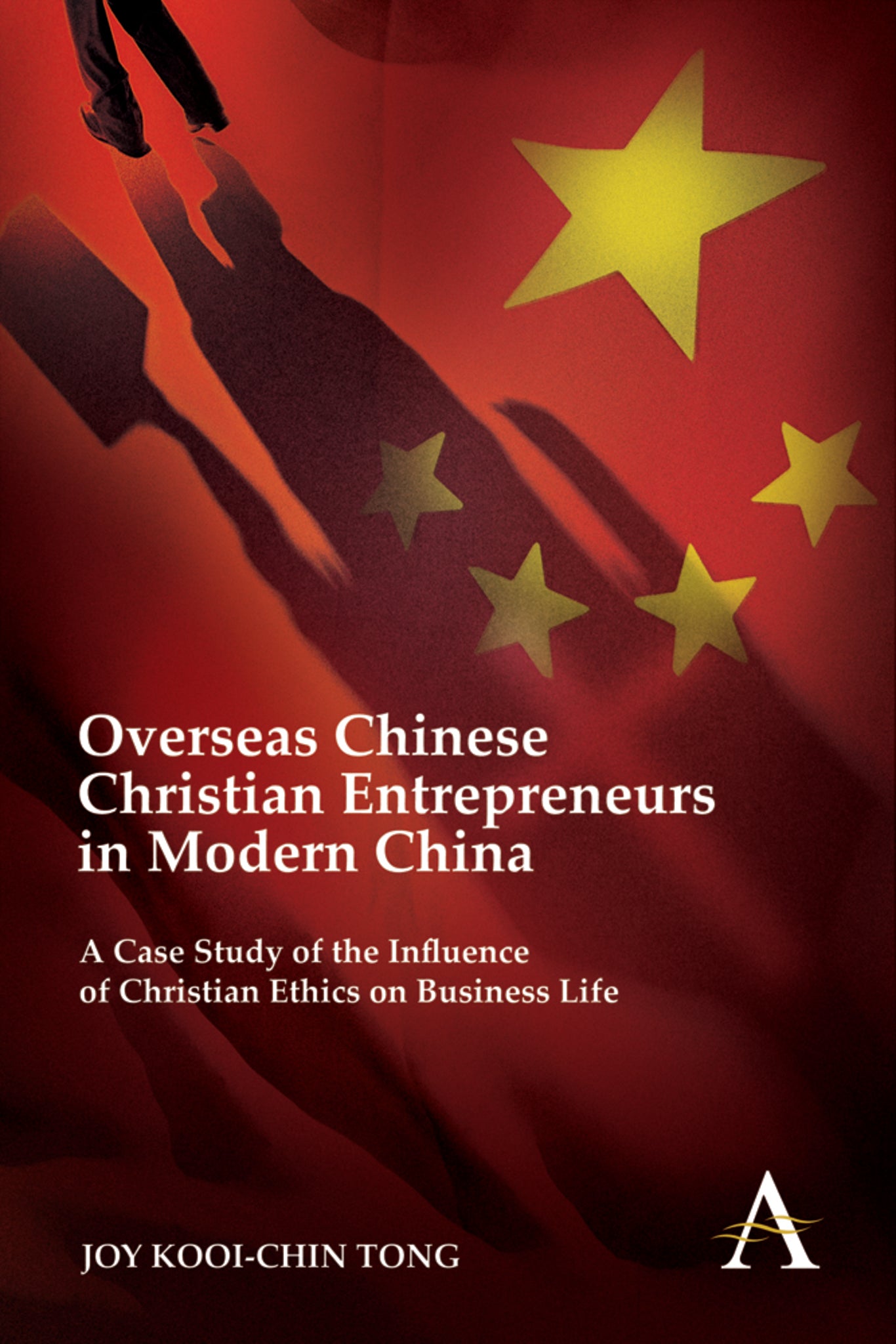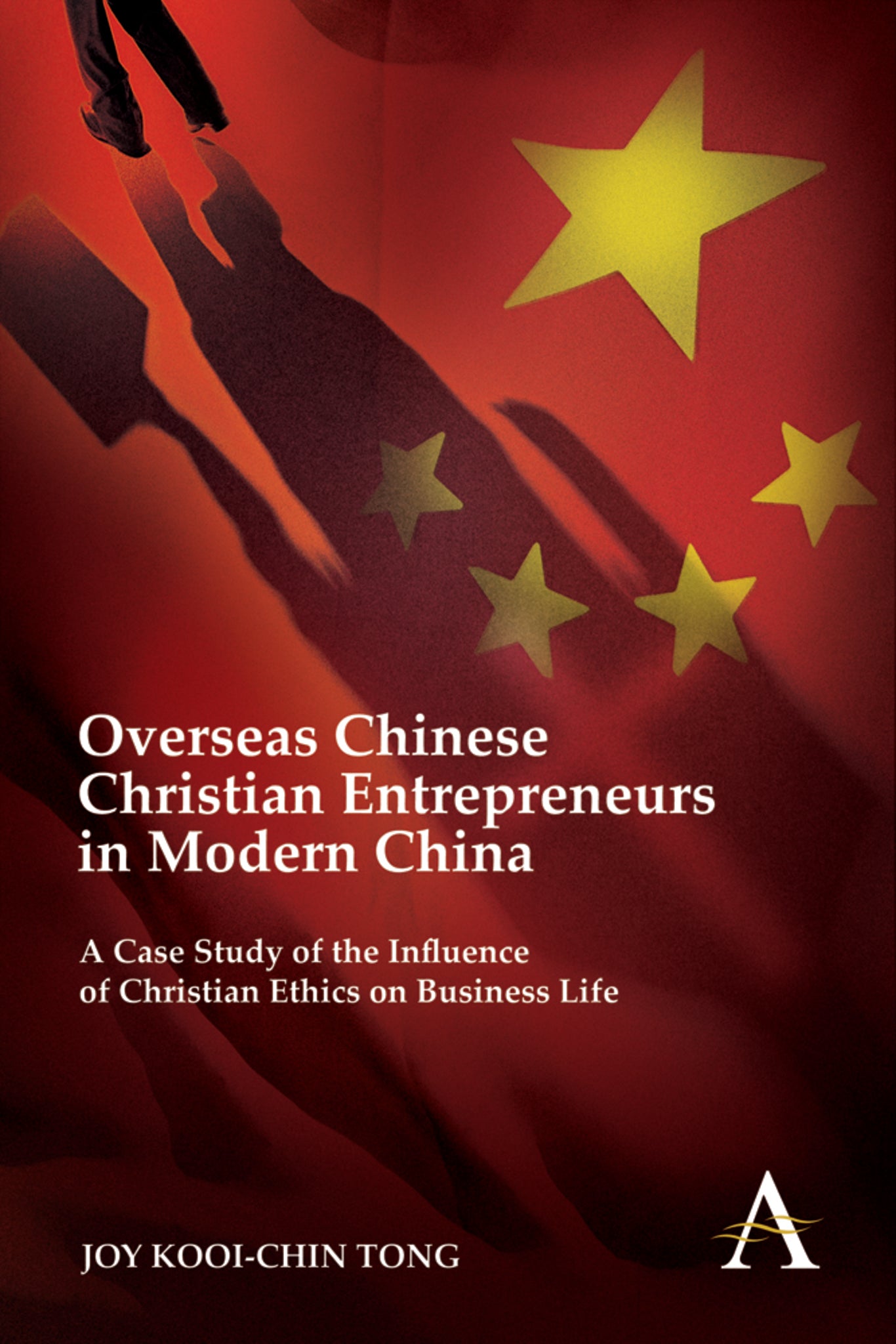We're sorry. An error has occurred
Please cancel or retry.
Overseas Chinese Christian Entrepreneurs in Modern China

Some error occured while loading the Quick View. Please close the Quick View and try reloading the page.
Couldn't load pickup availability
- Format:
-
01 October 2013

Inspired by Max Weber’s thesis on the Protestant ethic, ‘Overseas Chinese Christian Entrepreneurs in Modern China’ sets out to understand the role and influence of Christianity on Overseas Chinese businesspeople working in contemporary China. Through its in-depth interviews and participant observations (involving 60 Overseas Chinese entrepreneurs from Hong Kong, Taiwan, Southeast Asia and the United States), the text discusses how Christianity has come to fulfill an increasingly visible and dynamic function in the country, most notably as a new source of business morality.

SOCIAL SCIENCE / Sociology of Religion, Sociology: work and labour

“The book’s tightly interwoven threads of theory and empirical scrutiny combine to produce a readable and stimulating work […] At the outset, the theoretical orientation of the book is established in a discussion of the complex debate about the relationship between religion and economics and a framing of the study in explicitly Weberian terms […the book] connects constantly with issues of broad theoretical significance and most crucially with a nuanced interpretation of Weber’s economic sociology.” —Michael Hill, “Journal of Contemporary Religion”
Acknowledgments; List of Tables and Figures; Chapter 1 Introduction: Studying Christian Ethics and Business Life in Post-1978 China; Chapter 2 Religion and Economic Life: The Protestant Ethic and Max Weber’s Legacy; Chapter 3 Overseas Chinese Christian Entrepreneurs in Post-1978 China (Shanghai): Business, Faith and Ethics; Chapter 4 Religious Motivation and Entrepreneurial Spirit; Chapter 5 Business–Faith Integration: Three Types; Chapter 6 Communities of Faith: Fellowships for Overseas Chinese Christian Businesspeople in Shanghai; Chapter 7 Female Entrepreneurs: Four Stories; Chapter 8 Conclusion and Research Implications; Bibliography; Index



